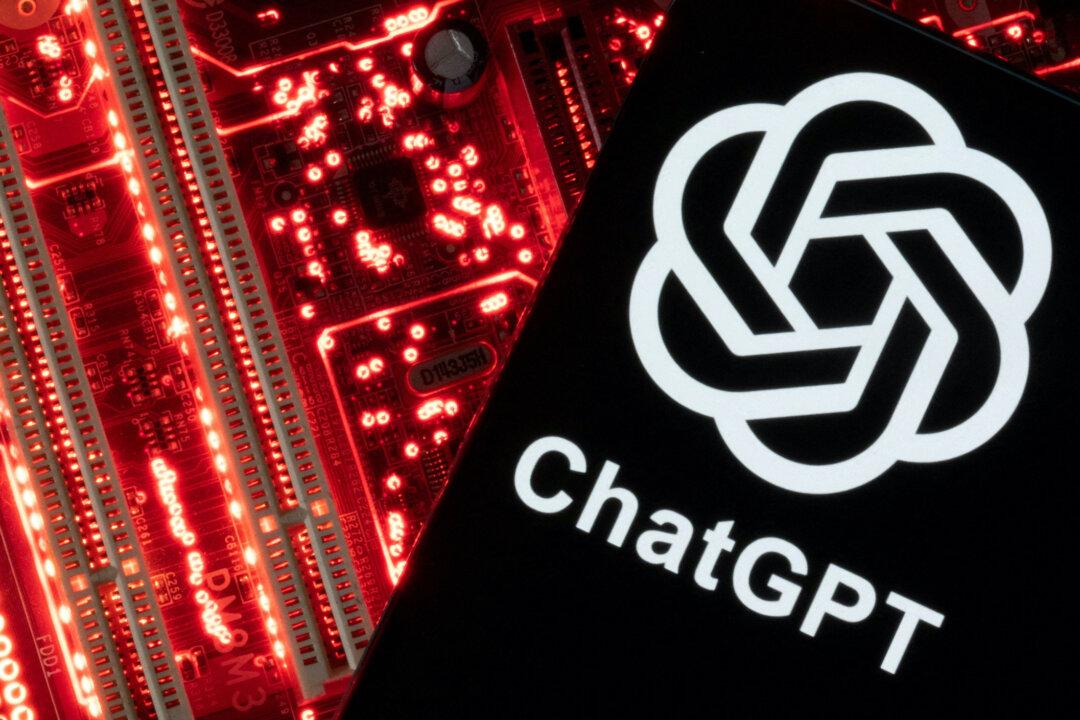The rollout and subsequent popularity of artificial intelligence (AI) chatbot ChatGPT has brought with it significant stresses in the education sector, with concerns about academic honesty and plagiarism brought to the forefront following the adoption of such technology.
Three researchers from the University of Plymouth and Plymouth Marjon University in the United Kingdom set out to demonstrate this in a paper published in Innovations in Education and Teaching International.





